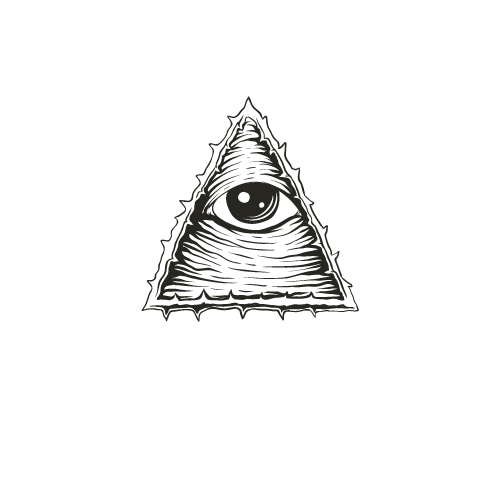Gambling is a popular recreational activity that can take many forms, such as playing cards, betting on sports, or playing slot machines. While some people can gamble without incident, it can lead to addiction and financial ruin for others. The Bible forbids covetousness, which includes a desire for material possessions and money. Sinful gambling manifests this desire, and it can lead to other sins, such as dishonesty and stealing. We will discuss tips and strategies for breaking free from gambling addiction and living a life free of the bonds of sin in this article.
Recognize the Problem
Recognizing a problem is the first step in overcoming any addiction. Denial is a significant barrier to recovery for many gamblers. It is critical to recognise that gambling addiction is a disease that must be treated. It’s not a moral failing or a lack of determination. Acknowledging the harm gambling has caused you and those around you is critical. This can include financial difficulties, relationship problems, and emotional distress.
Seek Professional Help
Once you’ve identified a problem, the next step is to seek professional assistance. Gambling addiction is a complicated disease that necessitates specialised care. Therapy, support groups, and medication are all examples of professional assistance. A licenced therapist can assist you in understanding the underlying causes of your addiction and can provide coping mechanisms for dealing with cravings and triggers. Support groups like Gamblers Anonymous can provide community, understanding, and accountability.
Create a Support System
Recovering from a gambling addiction can be an isolating experience. It’s critical to surround yourself with encouraging and motivating people along the way. This includes family, friends, and members of a support group. It’s also critical to cut ties with people who help you with your addiction, such as gambling buddies or loan sharks. A support system can provide accountability and a safe space to share your successes and struggles.
Develop Coping Mechanisms
Coping mechanisms are critical for dealing with cravings and triggers. Exercise, mindfulness meditation, and journaling are all effective coping mechanisms. Exercise can help endorphins be released, which can reduce stress and anxiety. Mindfulness meditation can help you stay present and calm even in stressful situations. Journaling can help you express yourself and track your progress. It’s critical to find and employ coping mechanisms that work for you.
Create a Financial Plan
Gambling addiction frequently leads to financial issues, such as debt and bankruptcy. Making a financial plan can help you regain control of your finances and avoid financial ruin in the future. A financial plan may include the creation of a budget, the repayment of debts, and the establishment of financial goals. If you are facing debt or bankruptcy, you must seek the advice of a financial advisor. They can provide valuable advice on managing your finances and creating a plan for the future.
Avoid Triggers
Triggers are situations, people, or places that can cause gambling cravings. Recognising your triggers and avoiding them as much as possible is critical. Triggers can include being near gambling establishments, being near gambling buddies, or feeling stressed or anxious. If you can’t avoid your triggers, you should have the plan to deal with them. This can include coping mechanisms like mindfulness meditation or exercise and seeking help from your support system.
Practice Self-Care
Self-care is critical for overall health and well-being, especially in addiction recovery. It is critical to prioritise self-care activities such as getting enough sleep, eating healthy, and engaging in enjoyable and relaxing activities. It’s easy to become consumed with guilt and shame while recovering from a gambling addiction. Self-care can assist in combating negative emotions and promoting positive self-esteem.
Getting enough sleep is an important aspect of self-care. Sleep is critical for both physical and mental health restoration. Sleep deprivation can cause fatigue, stress, and anxiety, all of which can trigger gambling cravings. Developing a consistent sleep routine and aiming for 7-8 hours of sleep per night is critical.
